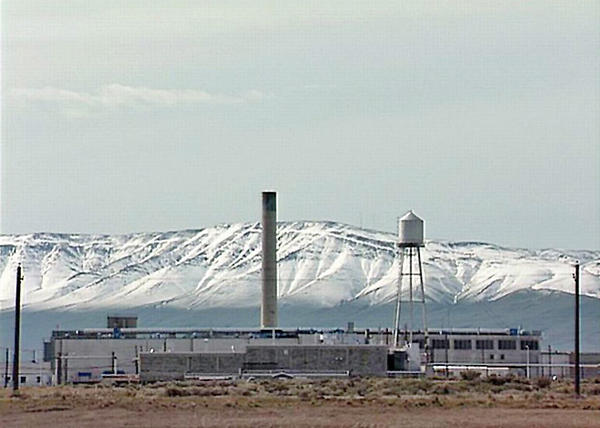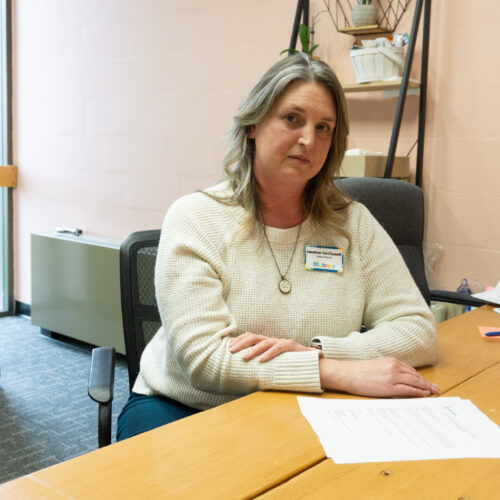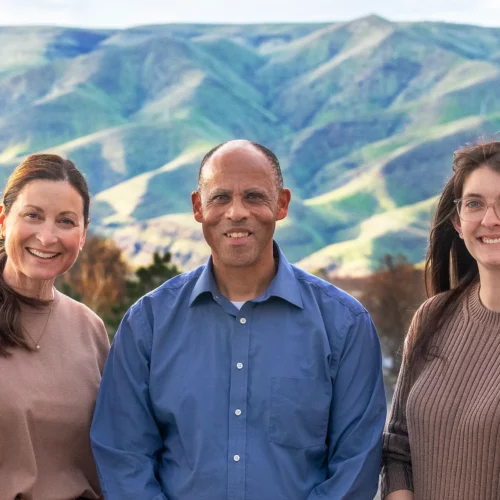
Contractor Confirms Several Low-Level Plutonium Exposures At Hanford
Listen
Back in June, there was an emergency at the Hanford nuclear site where workers were ordered to take cover. A sensor was detecting airborne radioactive particles.
Now KING-TV reports several workers have tested positive for those particles inside their bodies.
The workers were demolishing the Plutonium Finishing Plant. The building was used to make plutonium nuggets about the size of hockey pucks for bombs in the Cold War. Hanford contractor CH2M Hill won’t comment on exactly how many positive tests have come back, but several workers have eaten radioactive particles.
That means workers likely breathed in dust with small amounts of plutonium, then breathed the dust out. The particles got hung up in their saliva and they swallowed. CH2M Hill is now testing about 300 workers’ feces. The contractor expects to be done with the testing in six weeks.
A CH2M Hill spokesman wouldn’t answer any questions about whether these workers who did test positive would have additional testing on their bodies—particularly their lungs.
The federal contractor said all exposed workers have less than a millirem in them detected so far. And experts on the health effects of plutonium say that’s about the amount of radiation you’d get from a cross-country flight.
CH2M Hill said it has developed new plans to help limit exposures in the future like keeping more dust down by spraying water and a sticky solution and sucking air into a ventilation system on the building during demo.
All of the workers who’ve ingested plutonium will have this information recorded as part of their official Hanford work health history.
9(MDAyMTYxNjk3MDEyNzE5NzkyNzY1MDMyYQ004))
Related Stories:

Washington’s state library just lost federal funding — here’s what that means
Heather VanTassell, director of the Walla Walla Public Library, is worried about federal cuts to the Washington State Library. (Credit: Susan Shain / NWPB) Listen (Runtime 1:00) Read Both the

In one Idaho town, nurse-midwives stepping up as hospital struggles to recruit obstetricians
Rural communities are struggling to bring in obstetricians. Nurse-midwives are helping to fill the gap, but more is still needed to ensure long-term health care access

‘A humanitarian crisis’: Legal aid for unaccompanied minors slashed in Washington state
Northwest Immigrant Rights Project office in Wenatchee, Washington. (Credit: Reneé Dìaz / NWPB) Listen (Runtime 1:02) Read A federal judge in California ordered the Trump administration to temporarily restore legal












